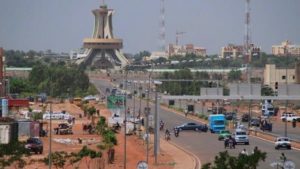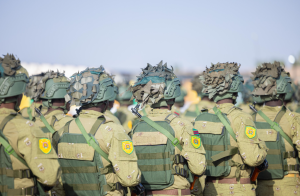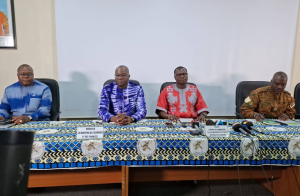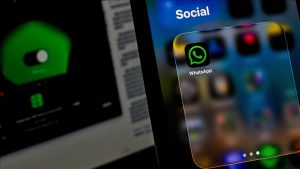US Embassy in Dakar sparks outrage with new social Media privacy policy for African visa applicants
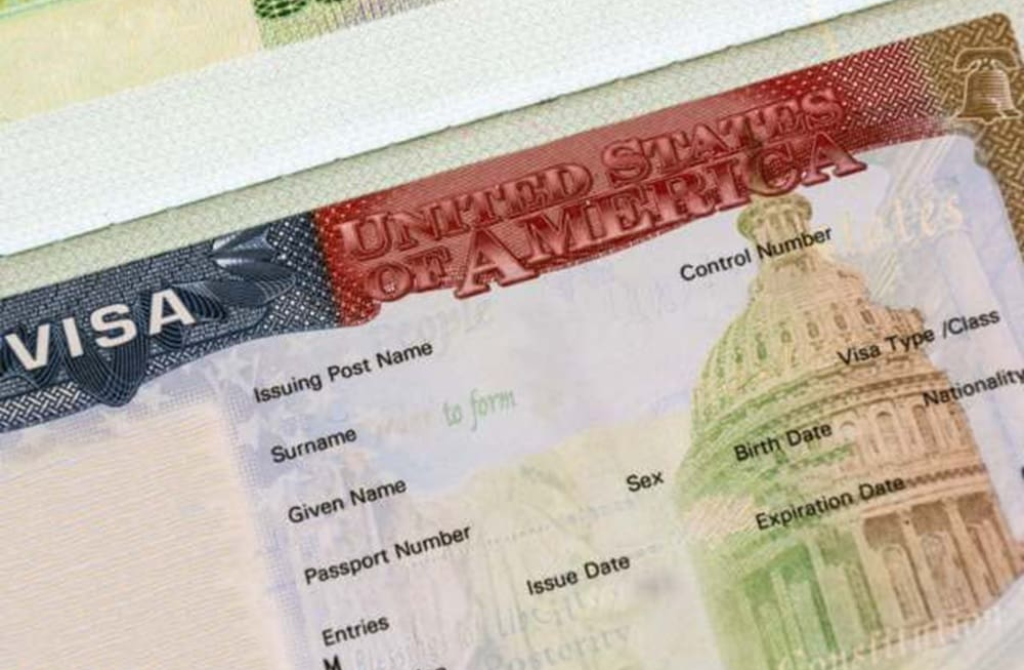
The U.S. Embassy in Dakar has introduced a controversial new requirement for African students and exchange visitors applying for F, M, or J visas: they must now make their social media privacy settings public to be eligible.
While officials claim the measure helps “streamline identity and admissibility checks,” critics see it as a discriminatory policy that unfairly targets African applicants a stark contrast to visa procedures in Europe, Asia, or Latin America.
A double standard with colonial overtones
No similar mandate has been announced for U.S. embassies elsewhere, raising questions about why African applicants face heightened scrutiny. By forcing them to expose sensitive personal data, the U.S.
is crossing a red line in digital privacy applying a presumption of risk based solely on nationality.
A Senegalese student pursuing higher education in America must now sacrifice online confidentiality, a hurdle their European peers do not face.
Another barrier for African mobility
Masked as a security measure, this rule adds yet another obstacle for young Africans seeking global education.
It highlights a deep imbalance in U.S. consular practices, where applicants from the Global South endure stricter requirements than those from wealthier nations.
Ultimately, this policy may deter Africa’s brightest minds from choosing the U.S. at a time when American universities already struggle to attract diverse talent.
Read also: Senegal: Digital technology, a pillar of economic recovery and tax justice
Neil Camara

